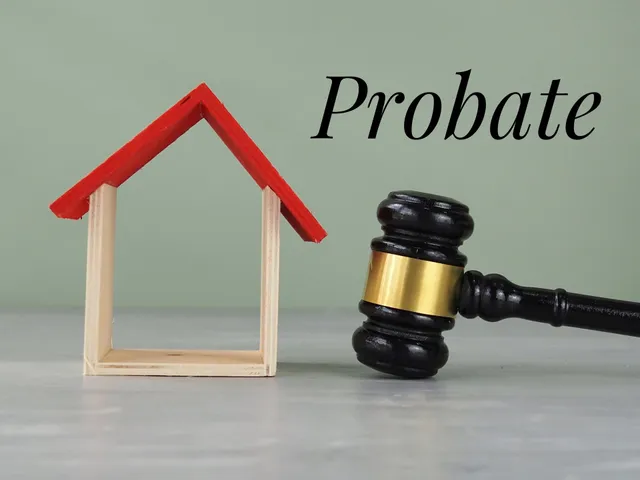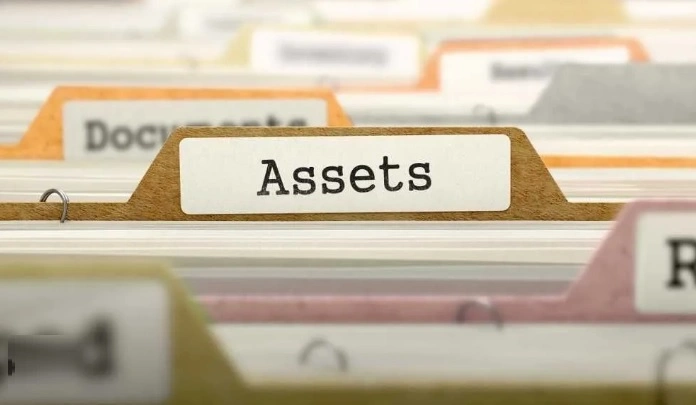Understanding Beneficiary Rights in Texas
Beneficiary rights in Texas probate law are essential for individuals who are set to inherit assets from a deceased person's estate. These rights ensure that beneficiaries receive their fair share of the estate as outlined in the will or, in the absence of a will, according to Texas intestacy laws.
In Texas, beneficiaries have the right to be informed about the probate process, access estate documents, and receive their inheritance in a timely manner. Understanding these rights helps beneficiaries navigate potential disputes and ensures they are not taken advantage of during the probate process.
The Role of Executors in Probate Proceedings
Executors play a crucial role in managing the probate process, ensuring that the deceased's wishes are honored and that the estate is settled according to the law. They are responsible for gathering assets, paying debts, and distributing the remaining property to beneficiaries.
In Texas, executors must adhere to specific legal obligations, including filing necessary documents with the probate court and maintaining transparent communication with beneficiaries. Their role is vital in preventing disputes and ensuring a smooth transition of assets to heirs.
Common Challenges in Probate Disputes
Probate disputes can arise for various reasons, including disagreements among beneficiaries, challenges to the validity of the will, or disputes over the interpretation of estate documents. Understanding these common challenges is essential for beneficiaries and executors alike.
In Texas, resolving probate disputes often requires legal intervention, particularly when there are accusations of undue influence or lack of capacity at the time the will was created. Engaging with an experienced probate attorney can help navigate these disputes effectively and protect the rights of all parties involved.
Steps to Take When Contesting a Will in Texas
Contesting a will in Texas involves a series of legal steps that must be carefully followed to ensure the challenge is valid. Individuals must have standing to contest the will, typically as beneficiaries or heirs, and must file their contest within a specific timeframe.
The process includes gathering evidence to support the contest, such as proving that the will was not executed correctly or that the testator lacked the mental capacity to make a valid will. Consulting with an attorney can provide guidance on the best approach to take when contesting a will and understanding the potential outcomes.


